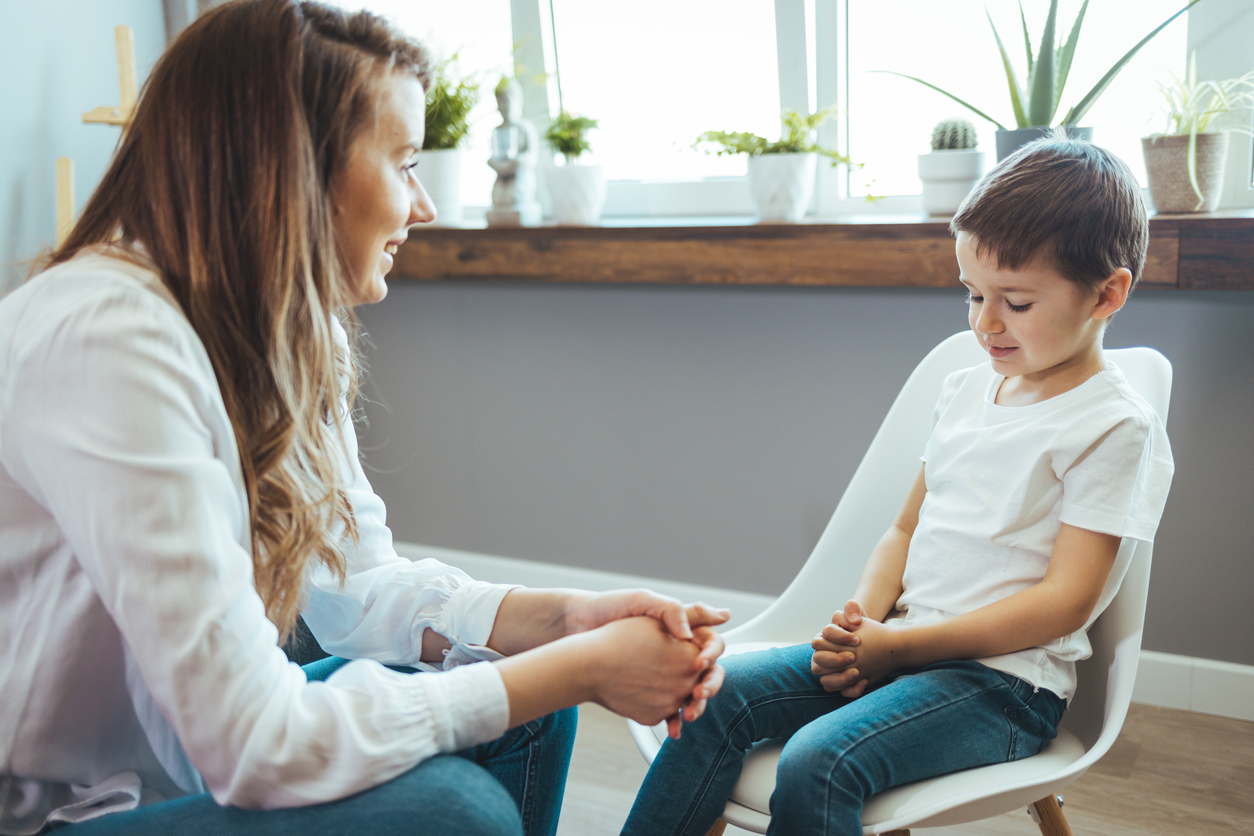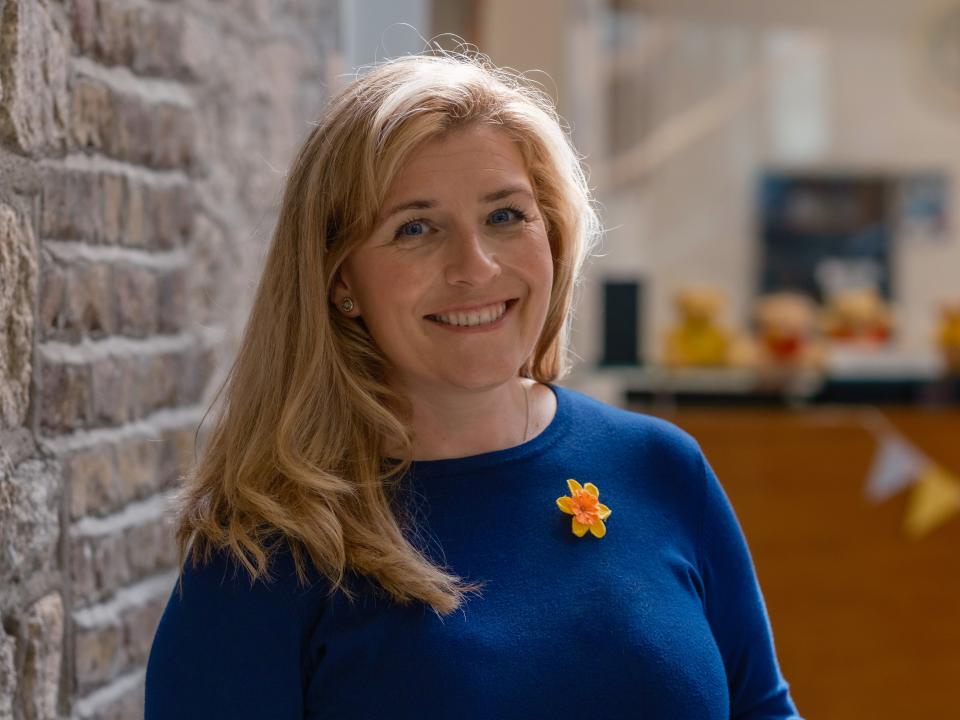Symptoms and diagnosis of children’s cancer
Cancer in children is rare, but it's important to know what symptoms to look out for.
Although cancer is rare in children, it’s important to know the symptoms to look out for and to get any unusual changes checked by your GP.
The symptoms depend on where the cancer is. The most common children's cancers affect the white blood cells (leukaemia) and the brain.
Always speak to your GP if your child has symptoms that are unusual for them, unexplained or won't go away.
Symptoms of leukaemia (cancer of white blood cells)
- Unexplained, prolonged feeling of tiredness
- Looking pale
- Shortness of breath
- Unusual bleeding (like spontaneous nosebleeds, unexplained bruising in unusual places)
- A pinprick rash
- Swollen lymph nodes lasting for more than a week or two
- Repeated infections or fever
- Lasting bone or joint pain, or unexplained limping
Symptoms of brain tumours
- Headaches – that are severe and worsening
- Feeling sick or getting sick accompanied with headache, especially in the morning
- Seizures (fits)
- Drowsiness or dizziness
- New eye problems, such as abnormal eye movements, squint, blurring or double vision
- Irritability and/or change in behaviour
- Babies or young children with persistent unusual high-pitched crying
Symptoms of other childhood cancers
- A lump, swelling or painful area that doesn’t go away
- Regular unexplained night sweats or high temperatures
- Unexplained weight loss
- Feeling sick (nausea) or getting sick (vomiting)
- Loss of appetite
- Feeling very tired most of the time
- Lasting bone or joint pain
- A limp
- Changes in eyesight, such as a squint, vision problems or eye changes, such as a painful red eye or a white glow or a lack of red eye in photos
- Blood in pee or poo
- Swollen lymph nodes lasting for more than a week or two (for example, in the neck or groin)
- Flu-like symptoms that don’t clear up – such as temperature, feeling very tired
- Swollen tummy area
Most of these symptoms can be caused by other more common and less serious conditions, so try not to worry too much.
If it's unusual, unexplained and won't go away, talk to your GP.
Going to your GP
You know your child best. It's very rare for children to get cancer, but if you have any worries at all about your child’s health, it’s important to go to your GP as soon as possible. Tell your doctor if you’re worried about cancer, so they can put your mind at rest.
Your GP will ask about your child's symptoms. They will examine your child and may do tests, such as blood tests. If necessary, they can refer your child to hospital, where a specialist can arrange further tests, such as scans.
Be ready to give your doctor as much information as possible about your child’s symptoms, such as:
- How the symptoms feel
- When the symptoms happen
- How long they have been going on for
You can write down this information before your appointment, so you don't forget anything.
Diagnosing cancer
If necessary, your GP can refer your child to hospital, where a specialist can arrange further tests.
Tests that can diagnose cancer in children include special blood tests, scans and biopsies (taking a sample of cells from the body). The type of tests depend on which cancer is suspected.
Tests are usually done in CHI Crumlin, Dublin. If a brain tumour is suspected, you may go to Beaumont Hospital or Temple Street Hospital in Dublin.
If you’re still worried or your child doesn’t get better after seeing a GP, don’t be afraid to go back to the doctor or get a second opinion.


Talk to a Cancer Nurse

Support Line
In-hospital support

